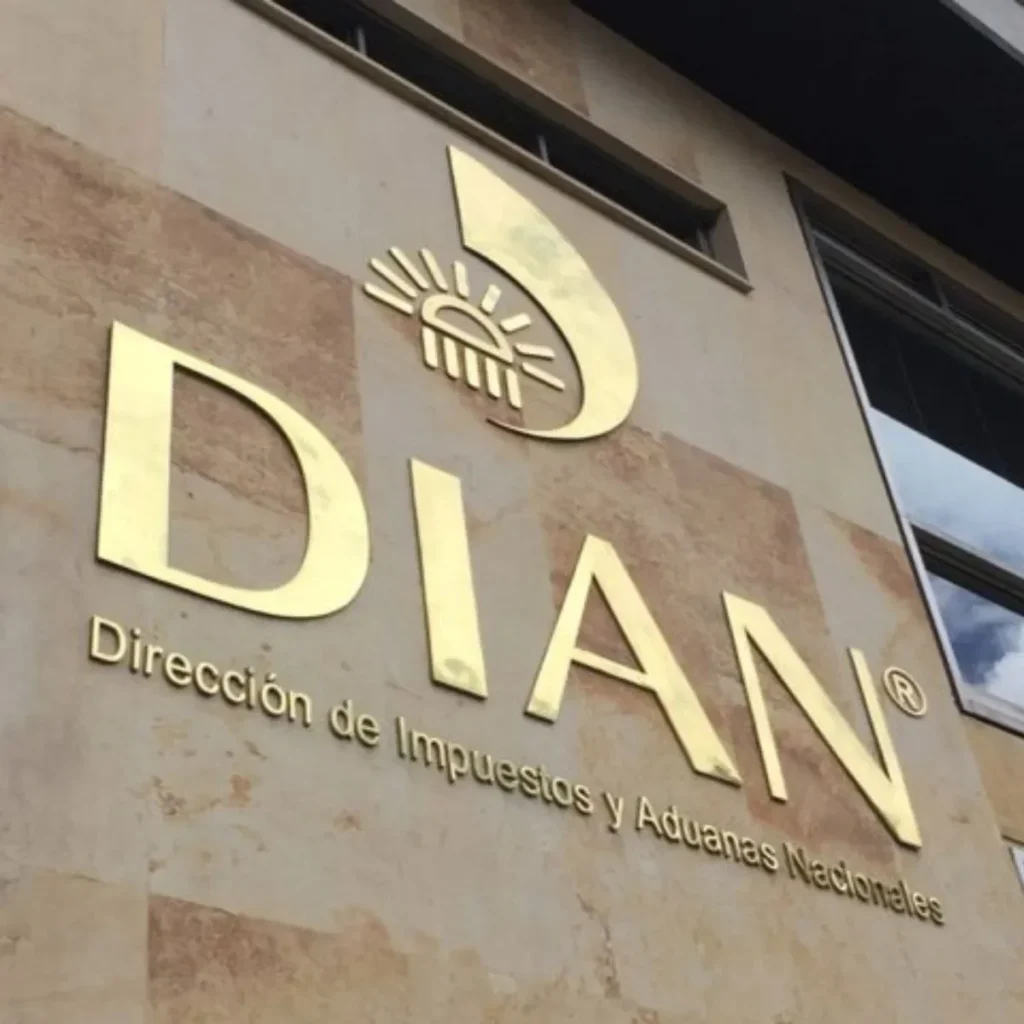
Social Media
Connect with us
Phone: (+57) 315 3354174
direccioncomercial@nexo.legal
Calle 11 no. 43b – 50,
Parque Empresarial Calle Once
Oficina 407
Medellín, Colombia
Understanding Colombia’s tax system is essential for every citizen. Taxes vary depending on income, assets, and economic activities, and sometimes it can be so complex that you don’t know where to start investigating.
That’s why we’ve created this complete guide in which we will analyze your specific situation step by step to help you meet your tax obligations in 2025.
If you have no experience with paying taxes, follow these steps to determine which fiscal obligations apply to you:
Income Tax Return for Individual (Natural) Persons in Colombia
Before you know whether you must file an income tax return in Colombia, the first thing you must determine is whether or not you are a tax resident.
The conditions vary for Colombians and foreigners:
📍 Foreigners
You are considered a tax resident in Colombia if:
📍 Colombians
You are a tax resident if:
⚖️ Other conditions also determine tax residency:
You must consider whether you meet any of the following conditions:
If after reviewing these conditions you conclude that you are a tax resident in Colombia, the next step is to determine whether you are required to file an income tax return.
To determine if you must file a 2025 income tax return as an individual, verify if you meet any of these criteria:
If you exceed any of these amounts, you are required to file an income tax return with DIAN.
2. Determine if you must pay Wealth Tax
This tax applies if, as of January 1, 2025, your net wealth exceeds $3,388,680,000 COP.

If you have already checked these asset-based obligations, now let’s continue with other taxes that may also apply depending on your activities or income level:
3. Must you declare assets abroad?
Although owning assets abroad does not incur tax by itself, if you exceed certain thresholds, you are required to file the Foreign Assets Declaration.
🔎 Threshold for 2025:
If the total value of your assets outside Colombia is equal to or greater than $94,130,000 COP, you must file this informational declaration with DIAN.
4. Do you have to declare and pay VAT?
If you carry out commercial, industrial, or service activities in a municipality, you must pay the Industry and Commerce Tax (ICA). This tax is calculated on the gross income generated by the economic activity, and its rate varies depending on the jurisdiction and the nature of the business.
To know if you are required to pay it, follow these steps:
If you own real estate, it is likely you must pay property tax.
The Unified Property Tax (IPU) is a levy that must be paid by property owners in Colombia. Its amount depends on the cadastral value (the value assigned to a property by the cadastral authority of each municipality in Colombia) of the property and the rates established by the municipality where it is located.
To determine whether you must pay it and how much, follow these steps:
If you own a vehicle registered in Colombia, you must be aware of the Motor Vehicle Tax, a departmental tax that must be paid annually by owners of vehicles registered in Colombia.
Its amount depends on the type of vehicle, its commercial appraisal, and the rate set by the department where it is registered.
To determine if you must pay it, follow these steps:

The Government has implemented some temporary taxes for 2025, such as:
Who is affected by this tax?
For example, if you are a business owner selling a property for $500 million COP, you must pay 1% of the total amount, that is, $5 million COP in stamp tax.
Staying informed and organized will help you manage your 2025 tax responsibilities efficiently and avoid fines.
If you have doubts about your tax situation or need help managing and optimizing your tax payments, at Nexo Legal we’re here to advise you.
Contact us to receive professional guidance and ensure you meet all requirements safely and effectively.
After submitting the form, your case undergoes a comprehensive review by our team of specialist to assess its viability. Providing clear and concise information about your objectives accelerates this process.
Subsequently, a specialist will be assigned to your case, reaching out to you within a day to clear up details about your case and outline the next steps to help you achieve your goals.
After submitting the form, your case undergoes a comprehensive review by our team of specialist to assess its viability. Providing clear and concise information about your objectives accelerates this process.
Subsequently, a specialist will be assigned to your case, reaching out to you within a day to clear up details about your case and outline the next steps to help you achieve your goals.

Phone: (+57) 315 3354174
direccioncomercial@nexo.legal
Calle 11 no. 43b – 50,
Parque Empresarial Calle Once
Oficina 407
Medellín, Colombia